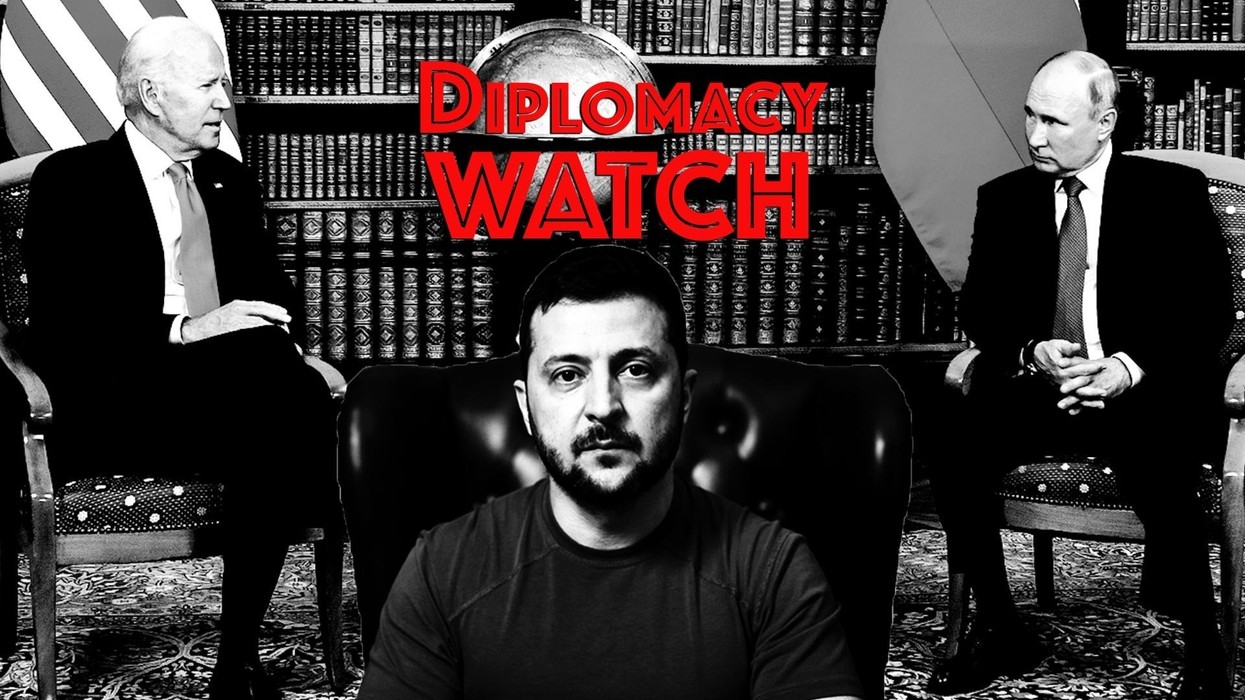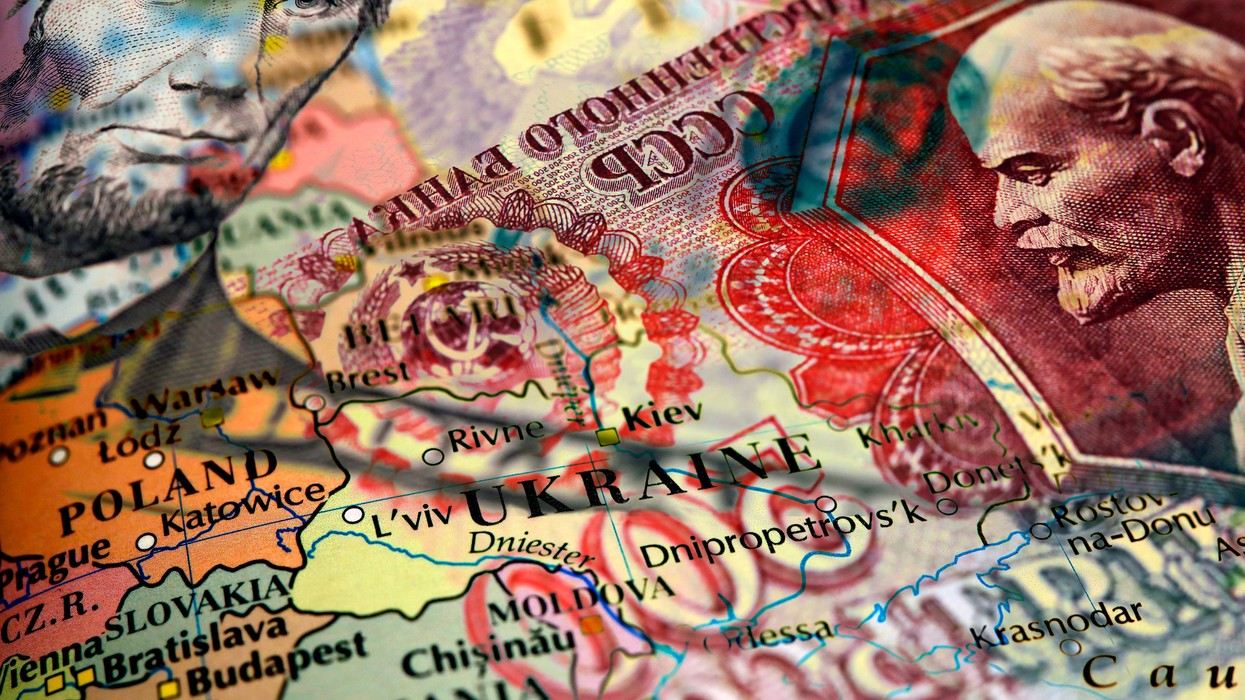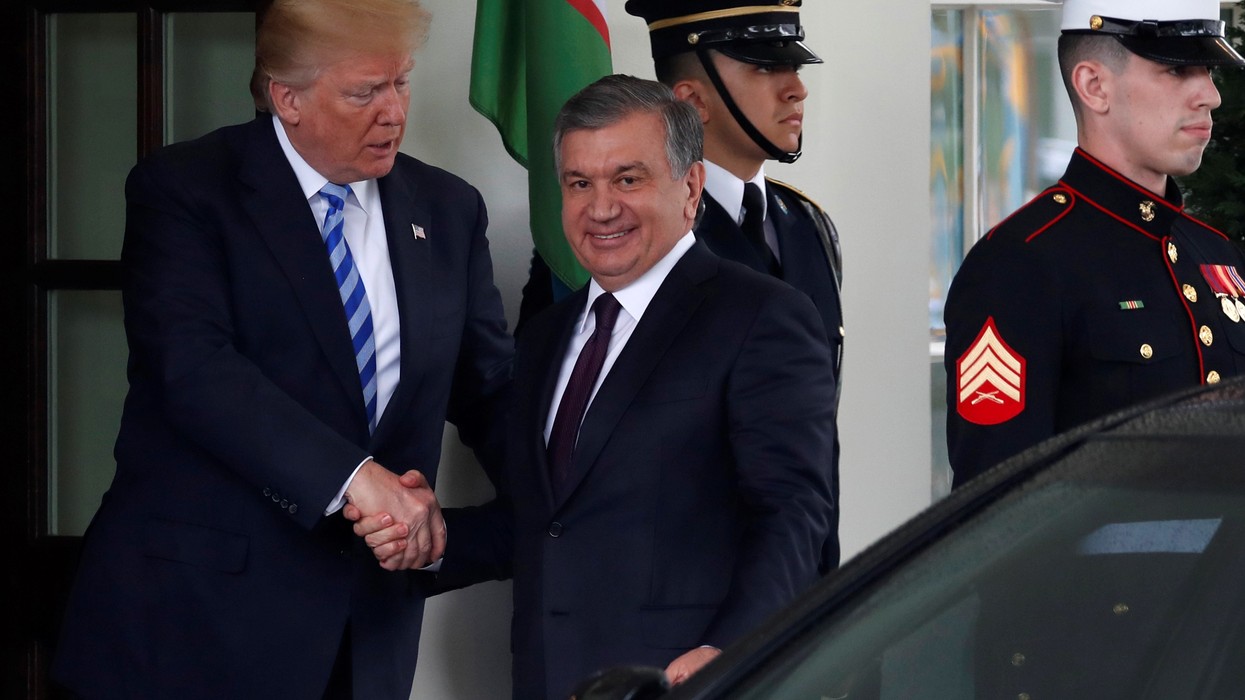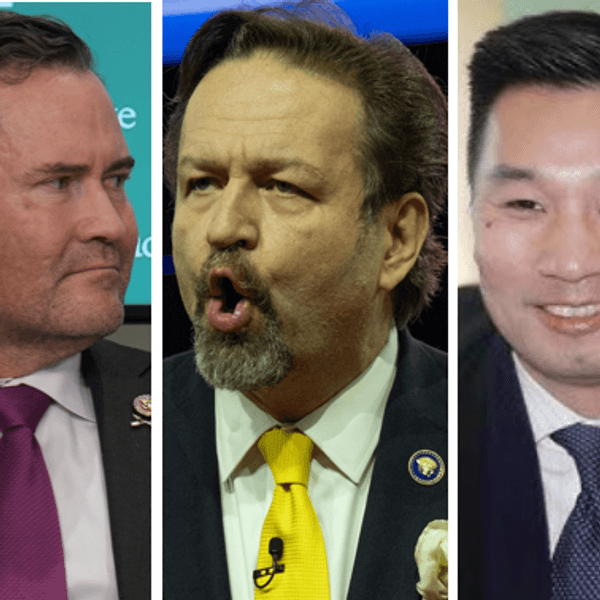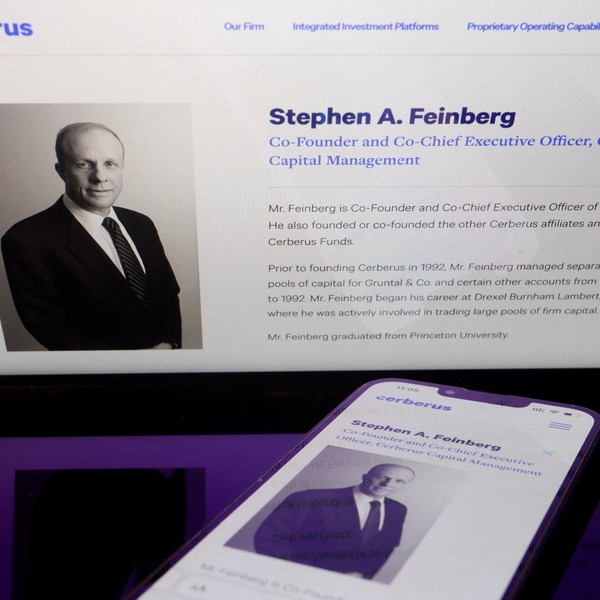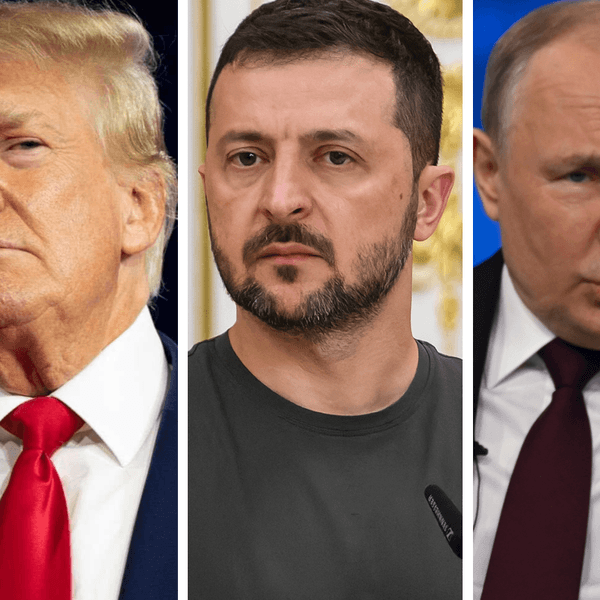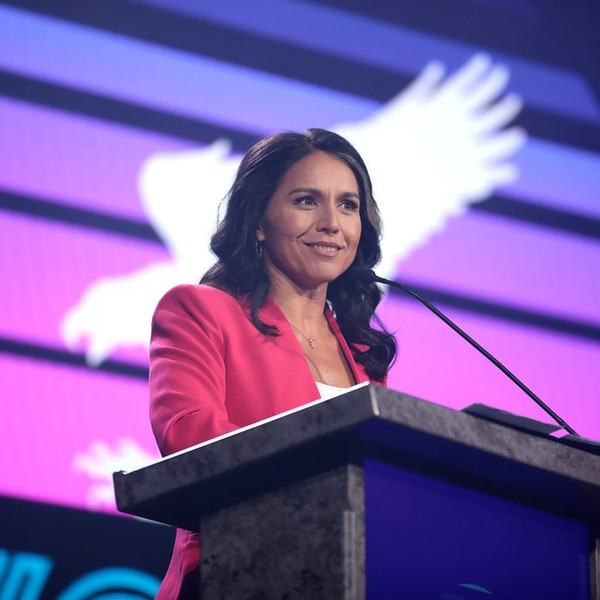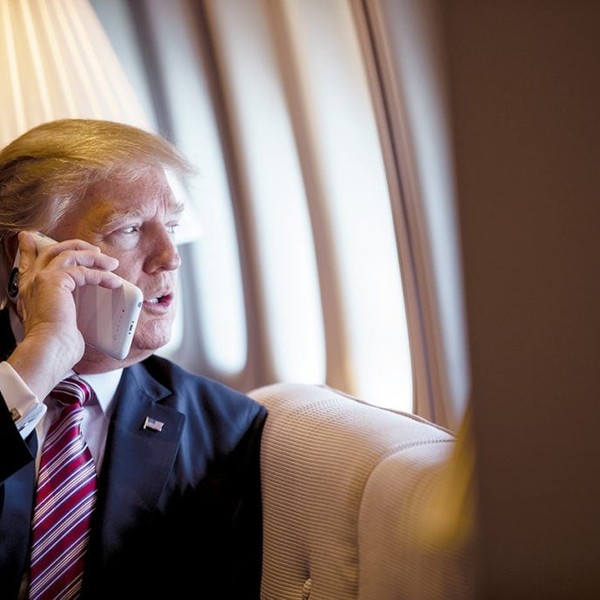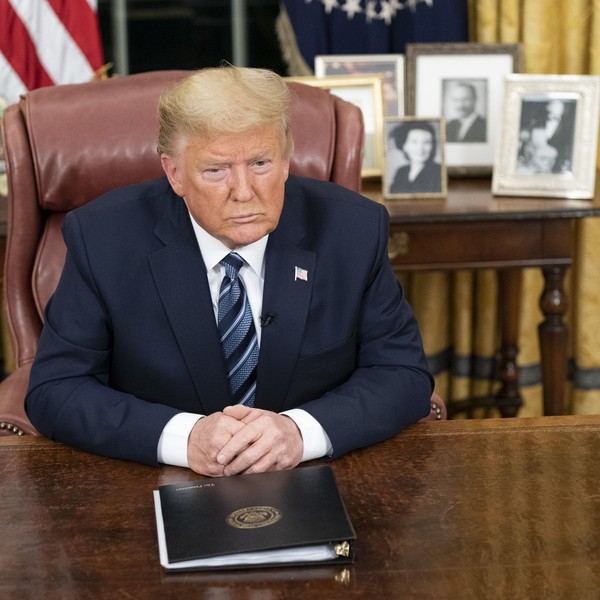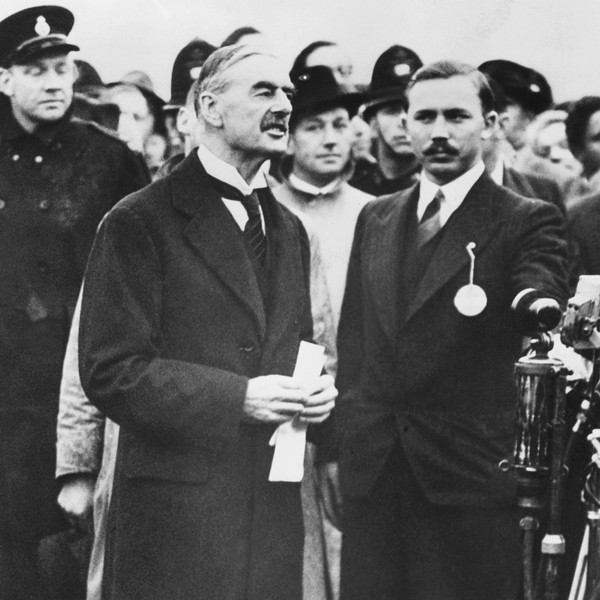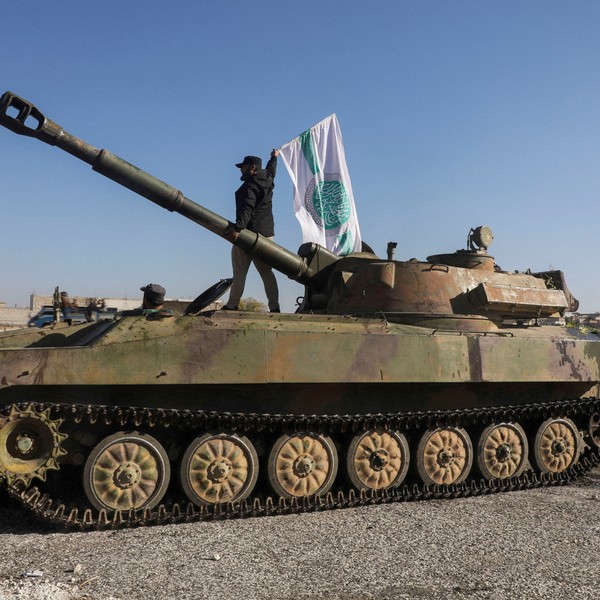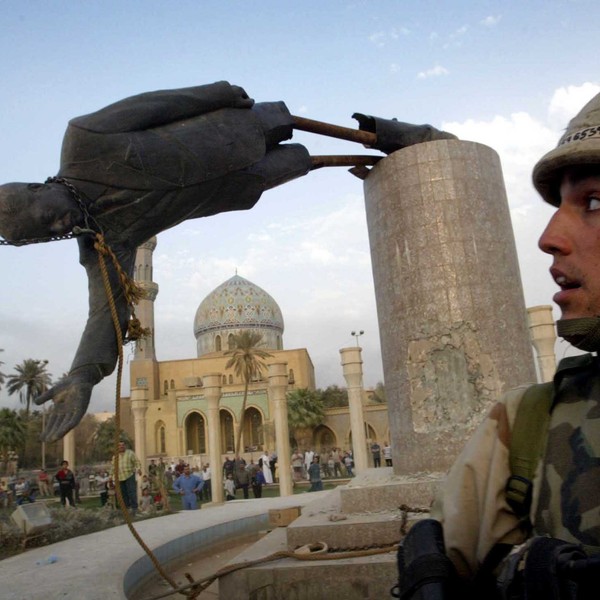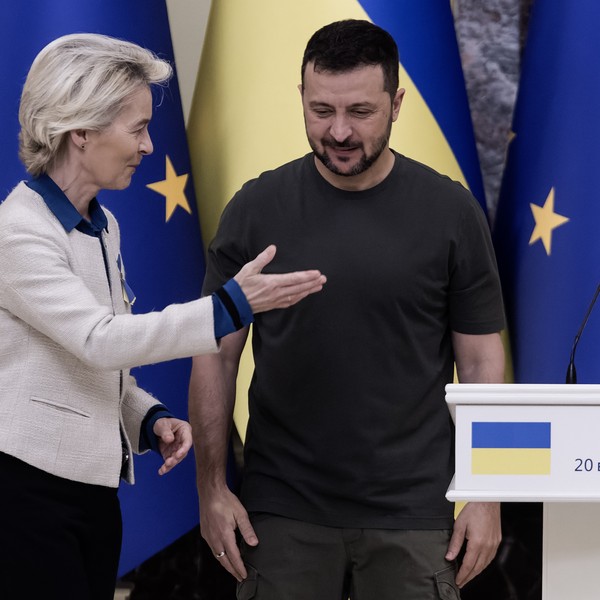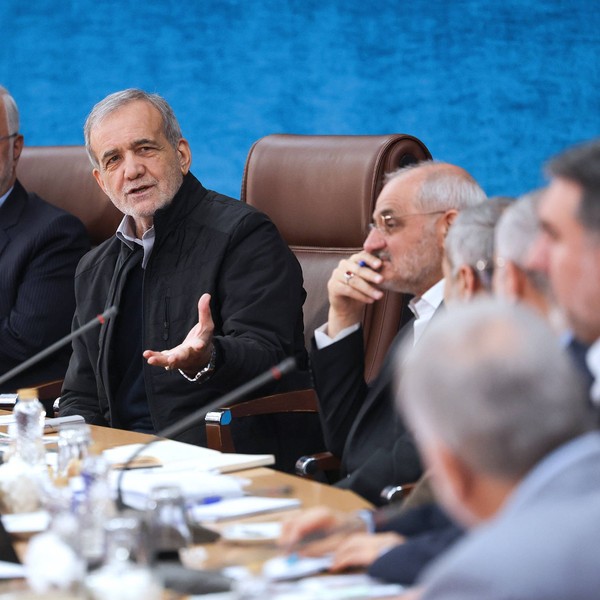China stepped up its efforts to play the role of potential peacemaker in the Russia-Ukraine war this week, as President Xi Jinping spoke to his Ukrainian counterpart Volodymyr Zelensky for the first time since Russia’s invasion more than one year ago. The phone call between the two leaders follows Xi’s state visit to Moscow in March and the release of a Chinese peace plan, or “position paper” in February.
According to the Chinese foreign ministry’s readout of the phone call, Xi maintained that Beijing would remain neutral in the conflict, its only priority being facilitating negotiations and pushing for peace.
“With rational thinking and voices now on the rise, it is important to seize the opportunity and build up favorable conditions for the political settlement of the crisis.” Xi said, according to foreign ministry’s account. “It is hoped that all parties would seriously reflect on the Ukraine crisis and jointly explore ways to bring lasting peace and security to Europe through dialogue. China will continue to facilitate talks for peace and make its efforts for early ceasefire and restoration of peace.”
The Ukrainian readout of the conversation was generally positive, though there was no evidence of any serious progress towards a negotiated settlement. “Peace must be just and sustainable, based on the principles of international law and respect for the UN Charter. There can be no peace at the expense of territorial compromises. The territorial integrity of Ukraine must be restored within the 1991 borders,” Zelensky wrote in his Telegram channel. The Ukrainian president also warned Xi against providing military support for Russia.
Washington was tepidly upbeat about Chinese and Ukrainian leaders finally speaking to one another. National Security Council spokesman John Kirby told reporters, “We’ve been saying for quite some time that we believe it’s important for President Xi and PRC officials to avail themselves of the Ukraine perspective on this illegal, unprovoked invasion by Russia,” and that, if the phone call accomplished this goal, that would be a “good thing.”
As Connor Echols outlined in last week’s Diplomacy Watch, Harvard Professor and Quincy Institute non-resident fellow Stephen Walt made the ambitious suggestion that Washington and Beijing should work together to bring the warring parties to the negotiating table.
In other diplomatic news related to the war in Ukraine:
— A bipartisan group of 19 lawmakers introduced a House resolution calling on the United States to support an outright Ukrainian victory over Russia. The resolution “affirms that it is the policy of the United States to see Ukraine victorious against the invasion and restored to its internationally recognized 1991 borders,” and “holds that the peace brought by Ukrainian victory must be secured by integrating Ukraine into the North Atlantic Treaty Organization and other Euroatlantic institutions, as consistent with longstanding United States policy.” It also calls on Russia to pay reparations to Ukraine and for leaders in Moscow to be held accountable for war crimes.
— Leaked documents show that Kyev was preparing an attack on Moscow on the anniversary of the Russian February 24 invasion. According to The Washington Post, Ukraine held off at Washington’s behest.
— The Biden administration is concerned about the reaction to a potential failed Ukrainian counteroffensive this spring. “Publicly, President Joe Biden’s team has offered unwavering support for Ukraine, pledging to load it up with weapons and economic aid for ‘as long as it takes,’” Jonathan Lemire and Alex Ward reported in Politico. “But, if the impending fighting season yields limited gains, administration officials have expressed privately they fear being faced with a two-headed monster attacking it from the hawkish and dovish ends of the spectrum.” The White House fears that the former group will accuse them of not doing enough to support Ukraine, while the latter will argue that Washington has poured resources into an effort that they knew was likely to come up short.
— Russian foreign minister Sergey Lavrov addressed the United Nations earlier this week in his first appearance in the United States since the invasion. According to the Washington Post, “In a lengthy, impassioned speech, Lavrov appealed to nations in the global south to see Western criticism of Russian actions in Ukraine as part of a larger U.S. plot to prevent the rise of other world powers.” His speech drew the ire of his Western counterparts. The United Kingdom’s ambassador to the UN, Barbara Woodward, responded by saying that Lavrov “has called this meeting to share the Russian vision for the future of multilateralism. We’ve seen what Russia’s idea of multilateralism means for the future of the world … unimaginable suffering … thousands of Ukrainians killed, millions displaced, and across the world billions have faced … food insecurity.”
U.S. State Department news:
In a Tuesday press briefing, spokesman Vedant Patel rejected a suggestion that the U.S. should “change strategy” in Ukraine.
“I think an important thing to remember here – and I spoke about this a little bit last week – is that there is one country here trying to erase the borders of another. That is Russia. Russia is unlawfully, unjustly aggressing against Ukraine, against Ukraine’s territorial integrity and sovereignty,” he said. “And so, what the United States is going to do is continue to support our Ukrainian partners through humanitarian assistance, through security assistance, through energy assistance – and we’re going to continue to hold the Russian Federation accountable through the ways that we have done – through sanctions, through export controls.”

